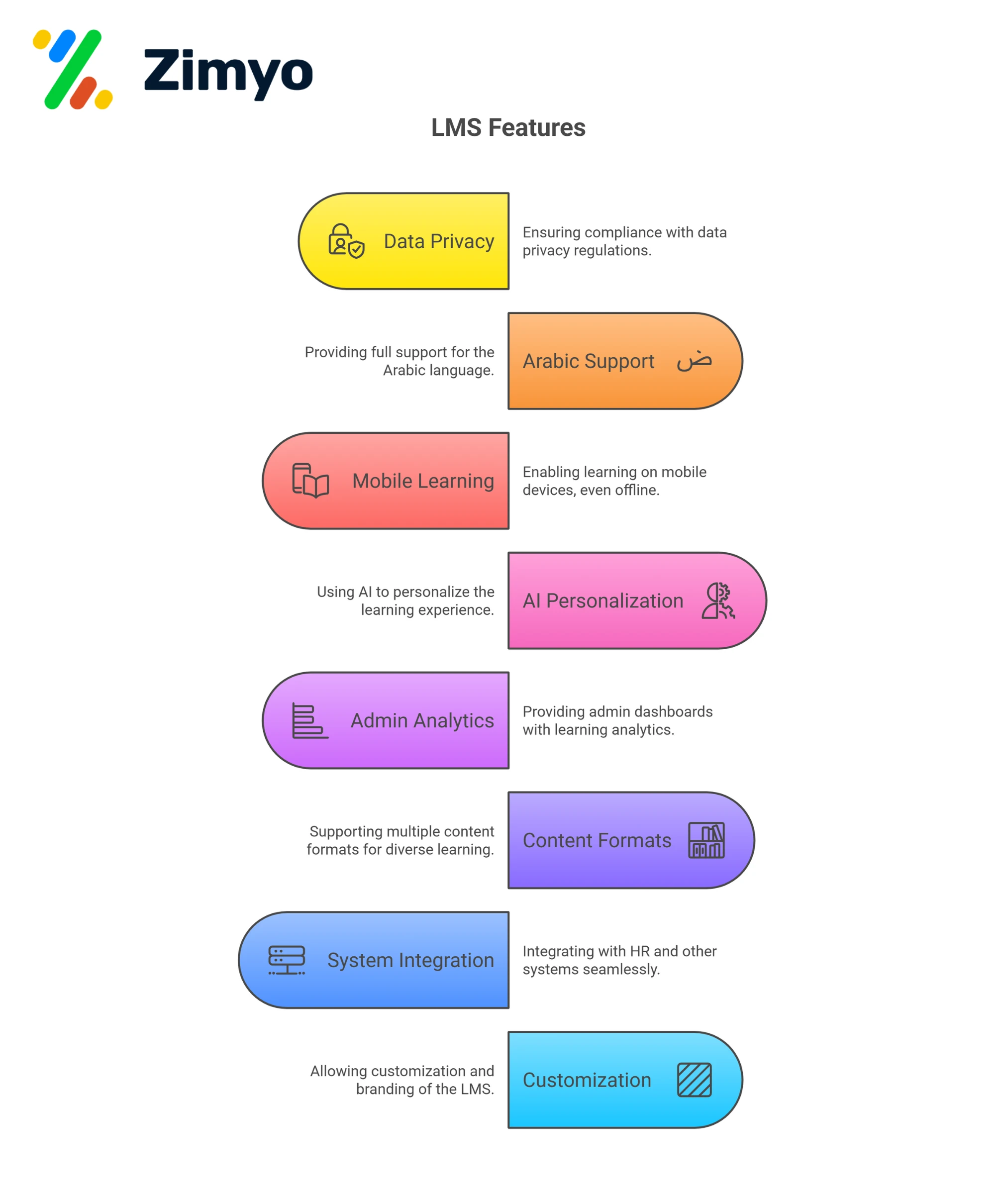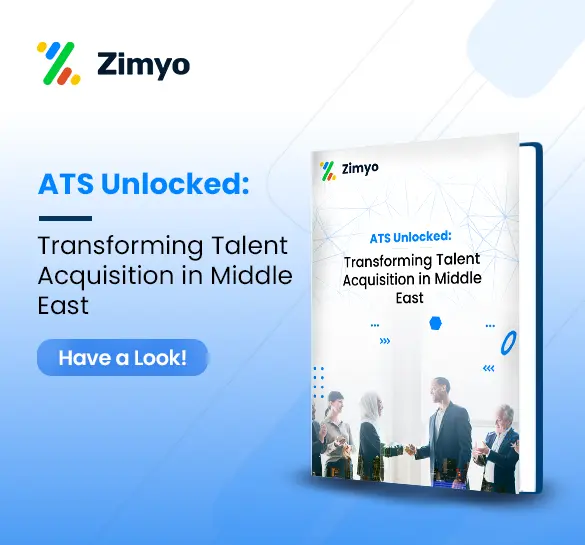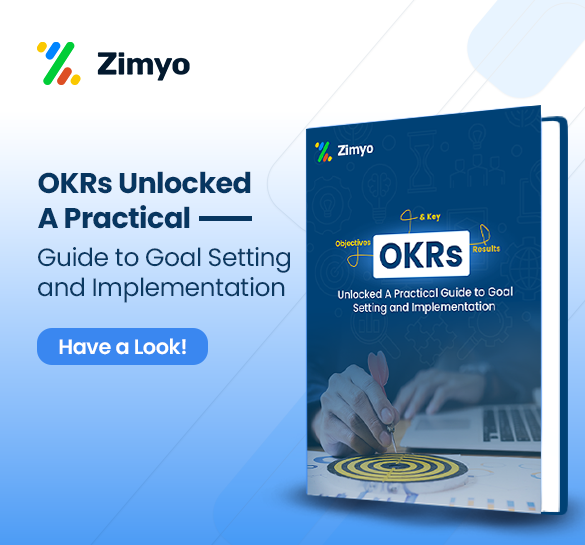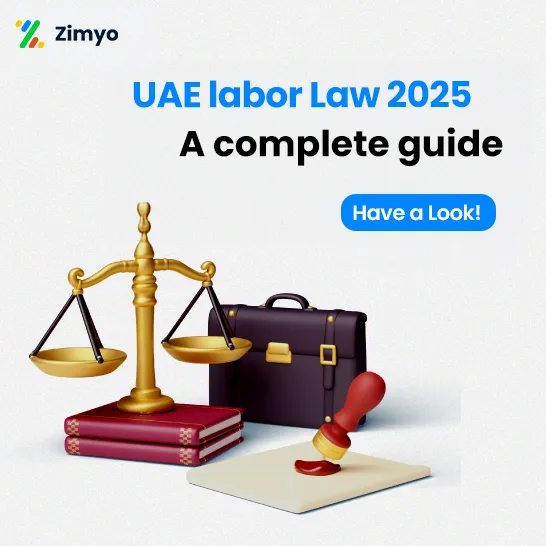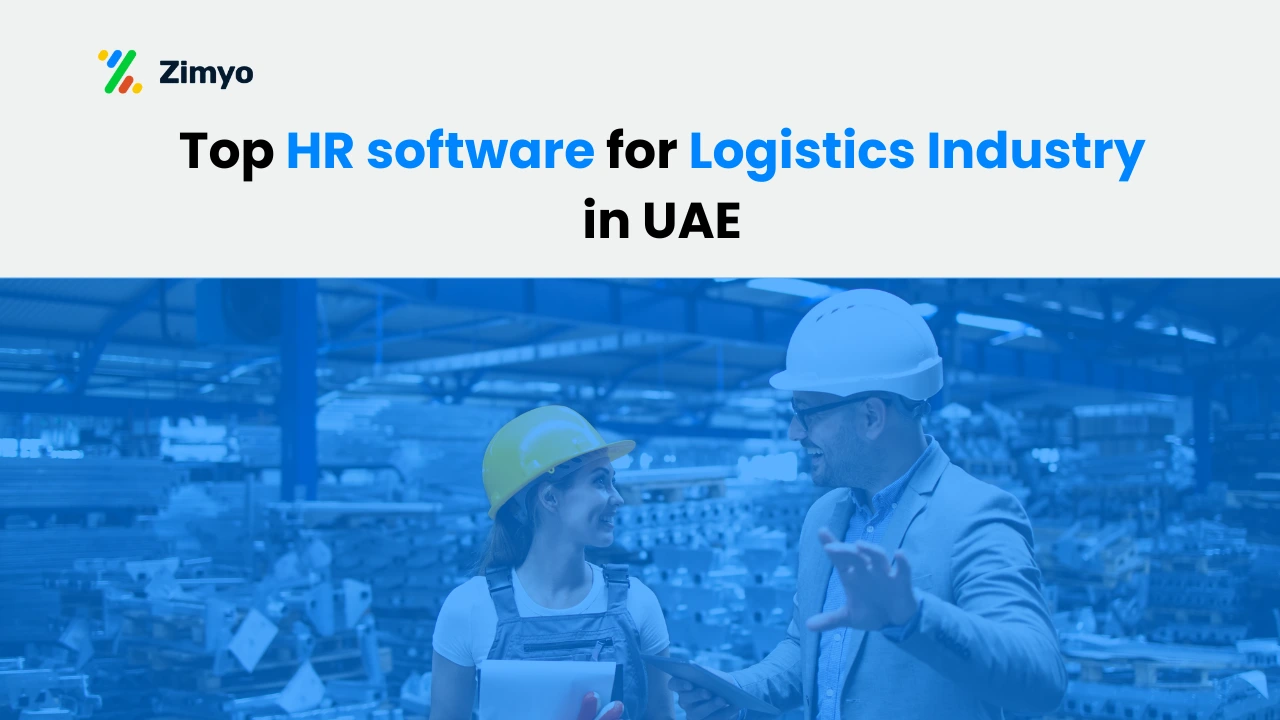The Learning Management System (LMS) landscape in Egypt is changing quickly in 2025 and later. Organizations increasingly care about worker development, digital competencies, and employee engagement, which generates high demand for sophisticated learning management software. Enterprises and educational organizations today look for learning management offerings that provide smart, self-directed experiences, monitor learner progress, and support organizational objectives.
What is a Learning Management System?
A Learning Management System (LMS) is a piece of software enabling organizations and institutions to develop, administer, deliver, and track learning content and programs. It is a central place for course assignments, tracking progress, exams, and certificates. New LMS applications offer mobile access, personalization through AI, multilingual capabilities, and connection with HR software. For onboarding, compliance training, upskilling, or education, LMS platforms make learning effective, scalable, and accessible.
Why Do You Need Learning Management Software in Egypt?
A learning management software LMS is a must in Egypt’s developing digital economy.
1. Build Workforce Skills
HR and L&D departments can monitor employee learning and career growth via an enterprise learning management system such as Zimyo, ensuring talent retention and compliance.
2. Close Skill Gaps
With the growth of tech-intensive careers, LMS learning management software delivers customized learning journeys, closing skills gaps in AI, data proficiency, and other digital competencies.
3. Enforce Compliance
Learning management solutions automate required training, monitor completion, and offer audit-compliant reports, guaranteeing regulatory compliance.
4. Streamline Onboarding
With Egypt’s diverse labor force, a multilingual LMS ensures easy onboarding, accessible on mobile devices for remote and field workers.
5. Improve Development & Retention
A robust LMS facilitates continuous training, certifications, mentoring, and learning against employee performance, which boosts retention.
Top Advantages of Employee Learning Management
The following are the mentioned advantages of the LMS in Egypt-
Mobile and cloud-based LMS allows employees to learn on the move, providing flexibility to remote and hybrid teams.
Analytics give insights into engagement, completion, and skills gaps for data-driven L&D planning.
AI-driven recommendations offer role-relevant and context-specific content to every learner.
Streamlines required training, monitors progress, and produces audit-ready certifications.
Centralized training enables new hires to learn fast and become productive sooner.
Readily handles expanding teams while keeping costs of in-class training and materials in check.
List of Top Learning Management Software in Egypt
The software assists organizations in managing, delivering, and tracking learning programs effectively.
Zimyo
Greythr
VoyonFolks
PeopleHum
BusinessCore
Disprz
Canvas LMS
Moodle
TalentLMS
iSpring Learn
Zimyo is an all-in-one learning management software LMS integrating HR, payroll, and performance management within a single platform. It provides AI-powered learning paths, role-based content, and multi-language support including English and Arabic. Mobile-first architecture enables employees to learn anywhere and at any time, even offline. Suitable for enterprises and mid-to-large organizations across Egypt, Zimyo provides upskilling of employees, monitoring of compliance, and easy integration with HR Software processes. With gamification, real-time reports, and skill gap analysis, it offers a fully integrated enterprise learning management system that raises training ROI and productivity.
Key Features
- Digital Course Management
- Mobile Learning Access
- Advanced Analytics & Reports
- Custom Dashboards
- Skill Gap Analysis
- Gamification & Leaderboards
- Auto Certifications
- Competency-Based Learning Paths
Pros & Cons
Pros | Cons |
Integrates HR, payroll & LMS | AMS setup can be complex |
AI-driven course recommendations | Initial learning curve for admins |
Multilingual support (Arabic/English) |
|
Mobile-first, offline learning |
|
Skill gap analysis & competency tracking |
|
Gamification to improve engagement |
|
Real-time analytics & dashboards |
|
Revolutionize Training with LMS in Egypt
2. Greythr
Greythr is a cloud HR software with LMS modules that assist Egyptian organizations in monitoring employee training, compliance, and development. Its software enables companies to plan courses, allocate learning paths, and track progress and integrates with performance management. The LMS is mobile-enabled, allowing employees to view content anywhere, anytime. Greythr is best suited for SMEs and large-scale enterprises that need learning and management solutions that integrate HR and L&D seamlessly.
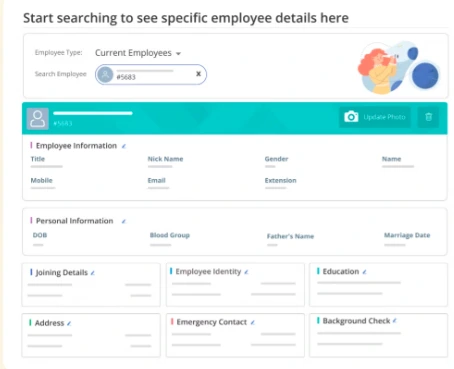
Key Features
- Training Scheduling & Tracking
- Compliance Management
- Employee Learning Paths
- Performance Integration
- Analytics & Reports
- Mobile Access
- Certification Management
- Custom Workflows
Pros & Cons
Pros | Cons |
Mobile learning access | Limited advanced analytics |
Compliance tracking | Fewer gamification options |
Easy reporting | Less suitable for large enterprises |
Integrated HR-LMS system | Limited AI-driven personalization |
3. VoyonFolks
VoyonFolks is an HR application oriented towards employees with the capability for LMS, oriented towards onboarding, upskilling, and career development. It enables firms to allocate learning pathways, monitor progress with payroll, and issue certifications. Mobile accessibility along with employee engagement features simplifies learning and makes it interactive. This learning management system can be applied to Egyptian organizations that desire to enhance the capability of their workforce and track improvement effectively while merging learning with HR functions.
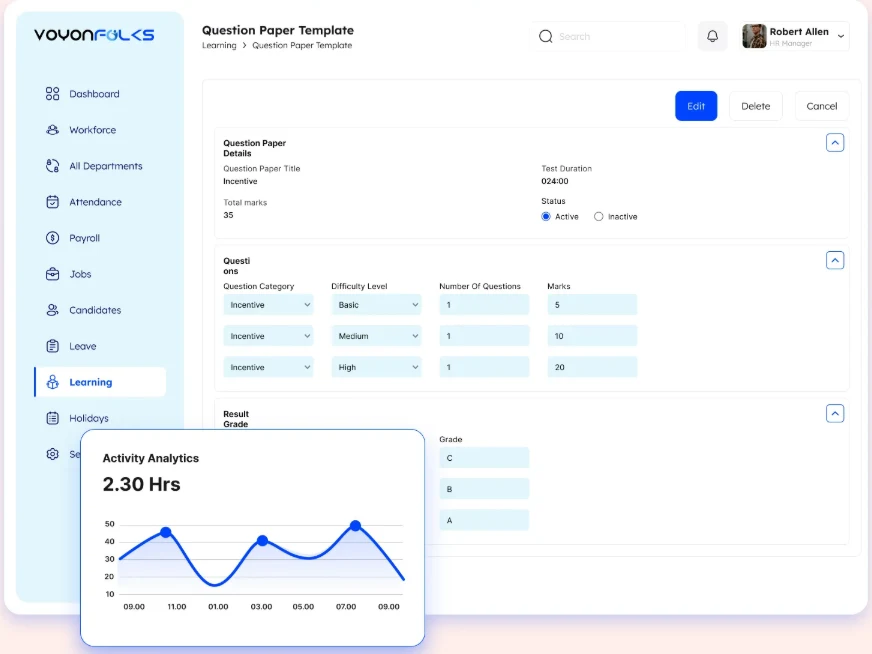
Key Features
- Learning & Development Tracking
- Personalized Learning Paths with HRIS
- Employee Engagement Tools
- Mobile Learning Access
- Certification Management
- Performance Monitoring
- Role-Based Access
- Reporting Dashboards
Pros & Cons
Pros | Cons |
Personalized learning paths | Limited content authoring tools |
Mobile-friendly interface | Basic analytics |
Employee engagement tools | Smaller community support |
Certification tracking | Limited offline access |
Adoption of LMS by businesses and educational institutions spiked during COVID-19 closures, including many private companies shifting training and employee learning programs online
4. PeopleHum
PeopleHum is an HR software with built-in LMS modules designed to support skill development, training, and performance management. The platform provides course recommendations based on AI, gamification, and dashboards for real-time reporting.
Multilingual support enables Egypt-based organizations to provide learning in Arabic and English. PeopleHum is a centralized employee learning management platform that tracks progress and aligns development programs with business goals. It is best suited for businesses that seek an LMS in the cloud integrating with HR and performance systems.
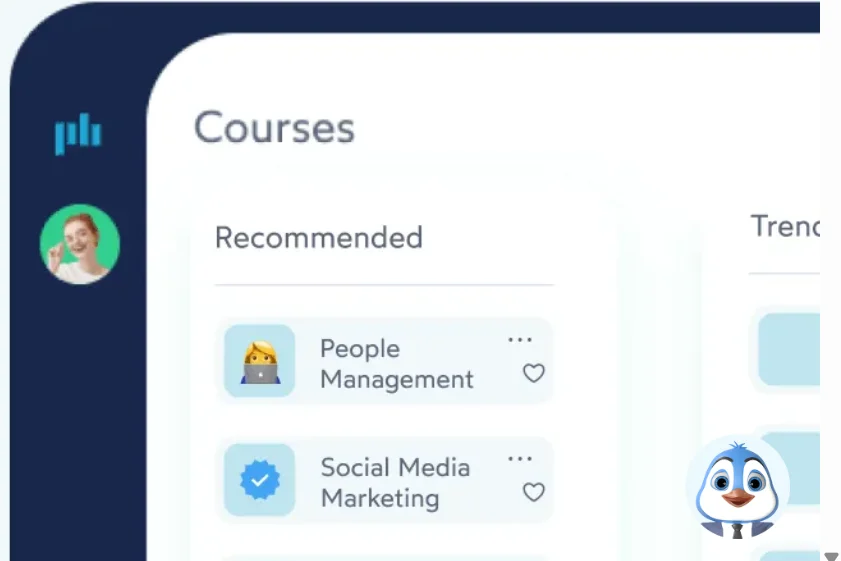
Key Features
- Course Management & Tracking
- AI-Powered Recommendations
- Gamification & Leaderboards Reporting Dashboards
- Mobile Learning Access
- Multilingual Support
- Certification Tracking
- Employee Progress Monitoring
Pros & Cons
Pros | Cons |
AI-powered recommendations | Limited offline mode |
Gamification & leaderboards | Smaller enterprise focus |
Bilingual support (Arabic/English) | Fewer advanced reporting features |
Reporting dashboards | Less customization options |
5. BusinessCore (by Business DNA)
BusinessCore is a mid-to-large enterprise LMS built for businesses in Egypt. It automates training, supports role-based workflows, and integrates smoothly with HRMS. The platform ensures compliance, monitors learning progress, and aligns development programs with business objectives. BusinessCore is suitable for controlled industries such as banking, healthcare, and real estate. Its learning management system features of learning enable HR teams to distribute courses, track performance, and gauge learning ROI effectively.

Key Features
- Admin Dashboard
- LMS-HRMS Integration
- Compliance Tools
- Role-Based Learning Workflows
- Arabic Language Support
- Custom Learning Paths
- Analytics & Reports
- Certification Management
Pros & Cons
Pros | Cons |
Enterprise-ready LMS | Less intuitive for SMEs |
Compliance-focused | Limited gamification |
Arabic language support | Fewer personalization options |
Analytics & reports | Setup may require IT support |
6. Disprz
Disprz is a learning management system based on artificial intelligence that links employee learning to business goals. It enables Egyptian organizations to map skills, identify gaps, and send focused content. Microlearning modules, recommendations, and compliance certifications drive engagement and effectiveness. Disprz is best suited for retail, healthcare, and BFSI companies that are willing to measure the ROI of learning and align training with organizational strategy.

Key features
- Skills Mapping
- Microlearning Modules
- Compliance Certifications
- Personalized Learning Paths
- ROI Analytics
- Performance Dashboards
- Mobile Access
- Reporting Tools
Pros & cons
Pros | Cons |
AI personalization | Requires training for setup |
Skill mapping | Limited offline learning |
Mobile access | Smaller community support |
ROI tracking & analytics | Less suitable for SMEs |
Streamline Upskilling with LMS in Egypt
7. Canvas LMS
Canvas LMS is an educational institution cloud-based platform that offers blended and fully online learning in Egypt. Its drag-and-drop course design, grading, and peer review features ease content delivery and interaction. Canvas has Arabic language support, SCORM & LTI compatibility, and mobile push notifications. It is best suited for universities, schools, and training institutions that want a learning content management system with flexibility and collaborative learning capabilities.

Key Features
- Drag-and-Drop Course Design
- Grading & Peer Review
- Arabic Language Support
- SCORM & LTI Compatibility
- Mobile App Notifications
- Analytics & Reports
- Collaborative Learning Tools
- Customizable Dashboards
Pros & Cons
Pros | Cons |
Flexible course design | Limited HR integration |
Collaborative learning tools | Mostly academic-focused |
Mobile-friendly interface | Fewer enterprise features |
Arabic language support | Limited offline access |
8. Moodle
Moodle is an open-source LMS widely used across academic, governmental, and non-profit organizations in Egypt. It has a modular design with possibilities for customization, multilingual interface, and learning offline. Moodle offers certificates, social learning, and API connections. Suitable for organizations that desire full control over course content, workflows, and branding. It is an affordable learning management software lms solution for institutions looking for a flexible, scalable platform.

Key Features
- Open Source & Customizable
- Mobile & Offline Learning
- Certificate Tracking
- Social Learning Tools
- API Integrations
- Role-Based Access
- Multi-Format Content Support
- Reporting Dashboards
Pros & Cons
Pros | Cons |
Open-source & customizable | Steeper learning curve |
Mobile & offline learning | Requires technical setup |
Flexible content formats | Smaller community support |
Certificate tracking | Limited built-in analytics |
According to a survey in Cairo, digital learning tools resulted in ≈ 40% increase in digital literacy within six months of adopting online/remote learning solutions.
9. TalentLMS
TalentLMS is a light, easy-to-use learning management software perfect for SMEs and training companies in Egypt. It facilitates rapid course creation, rollout, and monitoring. Gamification, tests, certifications, and mobile support with UAE labor law make learning fun and productive. TalentLMS supports SCORM/xAPI packages and integrates with HR systems for efficient management. This platform is ideal for organizations that want rapid, easy, and effective enterprise learning management solutions.

Key Features
- Course Builder & Quizzes
- Gamification & Leaderboards
- Auto Certifications
- Mobile Learning Access
- SCORM/xAPI Support
- Reporting Dashboards
- Role-Based Learning
- Multi-Language Support
Pros & Cons
Pros | Cons |
Easy deployment | Limited advanced analytics |
Gamification & leaderboards | Smaller enterprise features |
Mobile access | Less suitable for large-scale compliance training |
Certification tracking | Fewer HR integration options |
10. iSpring Learn
iSpring Learn is a cloud LMS designed for compliance, sales, and customer training within Egypt. It has an integrated authoring tool, dynamic learning pathways, and tracking of certification. Role-based access and integration with CRM systems make it ideal for business learning. There is mobile access and multilingual support. Best for businesses looking for a learning management system learning that is easy to manage but offers extensive tracking and reporting for employee training programs.

Key Features
- Authoring Tool Included
- Dynamic Learning Paths
- Certification & Compliance Tracking
- CRM Integration
- Role-Based Access Control
- Mobile Learning Access
- Analytics & Reports
- Multi-Language Support
Pros & Cons
Pros | Cons |
Easy authoring | Limited gamification |
Certification & compliance tracking | Smaller community support |
Mobile access | Less advanced reporting features |
CRM integration | Less flexible for large enterprises |
Comparison Table
Software | Type | Multilingual Support | HR Integration | Best Use |
Zimyo | Enterprise LMS + HR | Arabic & English | Full HR, Payroll, Performance | Complete HR + LMS solution |
Greythr | Cloud HR with LMS | Arabic & English | HR + LMS modules | Employee training & compliance |
VoyonFolks | Employee-focused HR | English (limited Arabic) | HR-LMS linked | Onboarding & upskilling |
PeopleHum | HR platform with LMS | Arabic & English | HR-LMS integrated | Skill development & tracking |
BusinessCore | Enterprise LMS | Arabic support | LMS-HRMS integration | Training & compliance management |
Disprz | AI-powered LMS | English | Partial HR integration | Skill gap analysis & ROI tracking |
Canvas LMS | Education LMS | Arabic support | Limited | Schools, universities, blended learning |
Moodle | Open-source LMS | Arabic support | Limited | Academic, government, NGO customization |
TalentLMS | Lightweight LMS | Multi-language | Limited HR integration | Fast deployment & gamified learning |
iSpring Learn | Cloud LMS | Multi-language | CRM integration | Compliance, sales, and customer training |
Transform Corporate Learning with AI-Powered LMS in Egypt
Must-Have Features for Learning Management Systems in Egypt
While choosing a learning management system (LMS) in Egypt, make sure to find capabilities that support successful, compliant, and engaging learning experience. The following are the key capabilities:
Data Privacy Compliance: Make sure the LMS is PDPL-compliant, with data stored securely, data encrypted, and controlled access to shield private employee and organizational data.
Arabic Language Support: RTL interface and bilingual content support are necessary to cater to Egypt’s talent pool and improve usability in multi-lingual teams.
Mobile & Offline Learning: Employees must be able to learn courses anywhere, anytime, even offline—imperative for field-based employees and remote workers.
AI-Powered Personalization: Future-ready LMS systems provide AI-led suggestions that build individualized learning paths, allowing co-employees to learn critical skills effectively.
Admin Dashboards & Analytics: Administrators should have easily understood dashboards to monitor learner progress, course completion, skill gaps, and total training ROI to inform data-driven decisions.
Multiple Content Formats: The system must support SCORM, xAPI, video, quizzes, simulations, and live training to offer a rich, interactive learning experience.
HR & System Integration: Seamless integration with HRMS, ATS, payroll, and performance systems enables L&D programs to fit into overall HR workflows and business objectives.
Customization & Branding: The LMS must enable organizations to customize workflow, branding, and interface to map company culture and offer a familiar user experience.
Enterprise Driven Solution For LMS
An enterprise-driven LMS surpasses generalized training to strategically upskill workers and advance business objectives:
- Aligns learning to HR and performance metrics.
- Monitors employee progress, skill gaps, and training ROI.
- Provides customized content for teams and roles.
- Automates compliance training and reporting.
- Suggests courses and customized learning pathways.
The Egypt E-Learning Markets Report 2022-2026 says that a small number of providers (Classera, Skolera) hold over 60% of the LMS market revenue in the viral “casual learning” segment.
What Zimyo Offers Beyond LMS in Egypt
Zimyo offers a complete and modular HR software platform with a set of tools that simplify core HR processes and improve workforce management:
- Payroll Management: Calculate salaries and statutory compliance with accuracy. Zimyo delivers timely and accurate payroll processing, eliminating errors, and saving administrative time.
- Applicant Tracking System (ATS): Streamline hiring with a single system for posting jobs, monitoring applications, handling candidate pipelines, and working in collaboration across hiring teams. This enables organizations to hire quicker and make informed recruitment decisions based on data.
- Employee Record Management: Store a centralized database of employee records, such as personal, job history, performance data, and documents. Zimyo ensures easy access, updation, and management of employee data securely.
- Timesheet Management: Monitor employee attendance, hours worked, overtime, and project tasks. Timesheet management ensures correct payroll, assists in monitoring productivity, and offers insights into workforce deployment.
- Performance Management: Establish goals, track progress, and perform assessments with analytics in real time. Zimyo facilitates systematic performance appraisals, feedback gathering, and coordination of individual goals with organizational objectives.
- Learning and Development Integration: With LMS capabilities integrated, Zimyo links employee development and learning to HR processes, monitoring training, certifications, and career development initiatives on the same platform.
This module-based approach enables organizations in Egypt to implement only the tools they require while still maintaining the ability to add functionality as they grow, developing a ecosystem for HR management and staff development.
Conclusion
The Egyptian LMS market is transforming at a fast pace as companies prioritize digital transformation, employee development, and engagement. Selecting the appropriate learning management software (LMS) is no longer a choice—it is now a strategic imperative that impacts talent retention, compliance, and overall organizational performance. Solutions such as Zimyo differentiate themselves through AI-powered personalization, enhanced analytics, support for multiple languages, mobile access, and seamless HR integration, providing a scalable and wise learning solution for organizations of every size.
Bring your learning and development plan to the next level by booking a demo with Zimyo today. Find out first-hand how this integrated LMS can automate training, increase skill building, strengthen compliance, and increase overall productivity throughout your organization. Don’t wait—explore the future of corporate learning and learn why Zimyo is Egypt’s favorite LMS.
Empower Employee Learning with Next-Gen LMS Solutions
FAQs (Frequently Asked Questions)
It’s software that is coupled with HRM to enable employee training, learning progress tracking, and supporting skill acquisition and compliance.
LMS is utilized to develop, deliver, and monitor training programs, onboarding, compliance, and employee upskilling.
Key features include mobile access, AI-based personalization, multilingual support, compliance tracking, and HR integration.
Zimyo is by far the best LMS in Egypt for its complete HR integration, AI-based personalization, and enterprise features.
LMS will increasingly use AI, AR/VR, and analytics to deliver personalized, engaging, and adaptive learning experiences.
LMS is an acronym for Learning Management System.
Businesses, schools, HR departments, trainers, and individual learners can all access LMS platforms.




